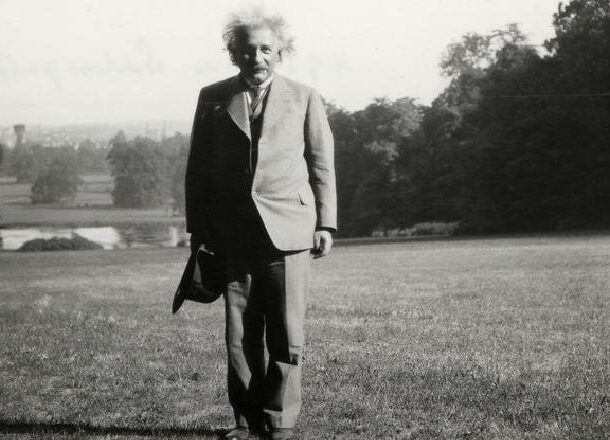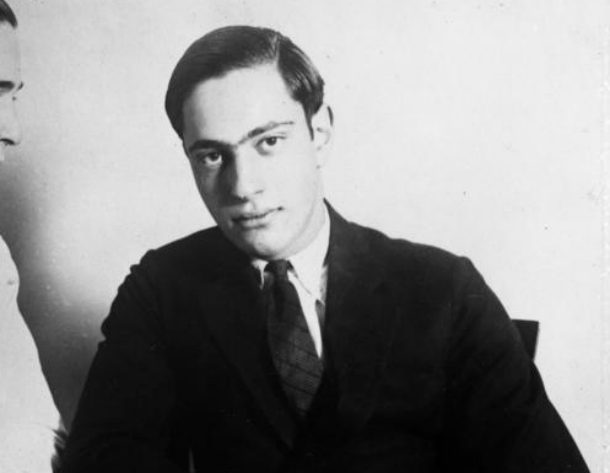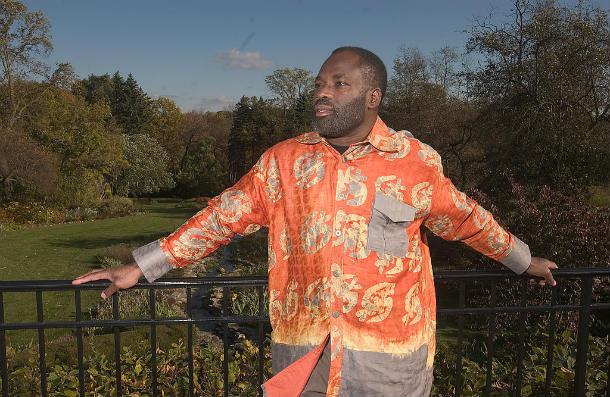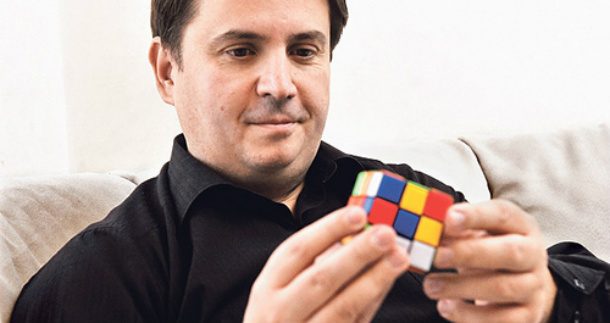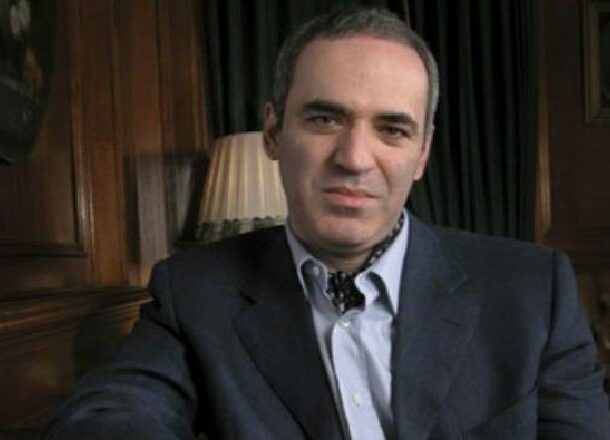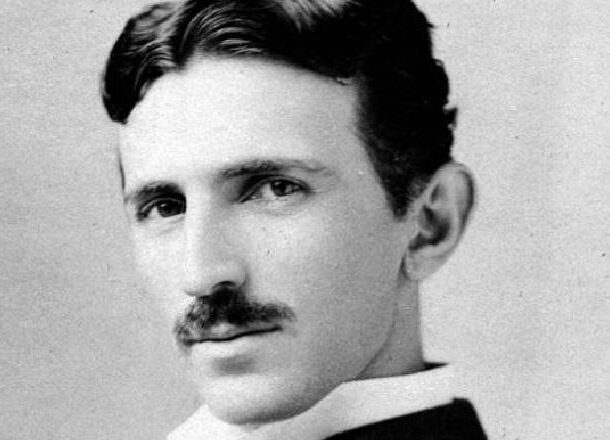Here’s the list of 25 highest IQs throughout history:
• James Clerk Maxwell (IQ 190-205)
• Dr Evangelos Katsioulis (IQ 198)
• Grigori Perelman (IQ 238)
• Albert Einstein (IQ 160-190)
• Nathan Leopold (IQ 210)
• Nadia Camukova (IQ 200)
• Jacob Barnett (IQ 170)
• Richard Rosner (IQ 192)
• Nikola Poljak (IQ 182)
• William J. Sidis (IQ 250)
• Paul Allen (IQ 160)
• Judit Polgár (IQ 170)
• Philip Emeagwali (IQ 190)
• Terence Tao (IQ 225)
• Christopher Langan (IQ 195)
• Mislav Predavec (IQ 192)
• Ivan Ivec (IQ 174)
• Kim Ung-Young (IQ 210)
• Chris Hirata (IQ 225)
• Garry Kasparov (IQ 194)
• Stephen Hawking (IQ 160)
• Walter O’Brien (IQ 190)
• Marilyn vos Savant (IQ 228)
• Leonardo da Vinci (IQ 180-190)
• Nikola Tesla (IQ 200)
How Can One Define IQ?
The concept of the intelligence quotient, an IQ, was first introduced by the American psychologist Lewis Terman in 1916. IQ is a score derived from one of several standardized tests designed to assess human intelligence. This led to different IQ tests that focused less on specific skills and more on general intelligence – and the idea that everyone could be ranked according to their overall smarts became more widely accepted. The intelligence quotient is the ratio of mental age to chronological (Physical) age, multiplied by 100. Chronological age is determined by your birth date, whereas mental age is determined by your intellectual development. For instance, for an individual who has a mental age (MA) of 11 years and a chronological age (CA) of 10 years, IQ will be: IQ = MA/CA × 100 = 11/10×100 =110
What are the Ranges of IQ Scores?
In order to know the range of IQ scores, it is important to understand what is included in an IQ test. IQ tests are divided into different sections with different maximum scores. The individual sections can be verbal comprehension, processing speed, mathematical comprehension, spatial visualization, reasoning section, and working memory. Different sections of the test may be easier or harder than others depending on your skill set or how interested you are in a certain subject. Therefore, it is possible to score high in some sections and low in others and still have a high overall IQ score.
The ranges of IQ scores are as follows:
What is the Average IQ Score?
The average IQ score is a little difficult to pin down, but estimates put it at about 100. Generally, an average IQ score would fall in the range of 90 and 109. Scores falling in this range are considered to be of low intelligence.
What is the Highest IQ Possible?
It’s hard to say what the maximum IQ score is because there is no limit to intelligence. Different IQ tests measure different things and can offer a different range of scores for the same level of intelligence. The most widely accepted tests for measuring intelligence are the Stanford Binet Intelligence Scales and the Raven’s Progressive Matrices Test. Both of these tests have an average score of 100 with a standard deviation of 15, which means that those who score 130 or higher on a typical IQ test belong to the 2% of the population with the highest possible IQ score.
Top 25 Nations with the highest IQs
It may be surprising to many that the United States is not among the top 25 countries with the highest IQs. However, many Asian countries are ranked high in this list, including Singapore and China which rank number one and two respectively. Some other Asian countries are Hong Kong, South Korea, and Taiwan which rank at three, four, and five respectively. Mongolia is ranked number 12 which is surprisingly high for a country with only three million people in it.
Who Has the Highest IQ?
The quest to find the individual with the highest IQ has been an ongoing project for many years now and it is not likely that we will ever find out who the winner is. This is because IQ scores are relative to their age group and there is no limit as to how high an IQ can go. There are many geniuses in our history such as Albert Einstein or Grigori Perelman. Ainan Cawley tops the list with an IQ of over 250 which is considered to be the highest ever recorded score in human history. However, as we all know, that does not mean he is the smartest or most knowledgeable in his field. In fact, it is possible that someone else in the world has a higher IQ than him or could surpass him in the future. Hey, if someone PHENOMENALLY special says that the best things in life aren’t being special but are right in front of us, maybe we should listen. When he was just 12, he was diagnosed with amyotrophic lateral sclerosis (ALS), a disease which most people die of within 5 years. However, Professor Hawking lived to be 76. He moved around and communicated via a specialized wheelchair which includes a voice synthesizer. His IQ is 160.
Related Article: 25 Inspiring Facts About Stephen Hawking You Probably Didn’t Know
Related Article: 25 Quirky Nikola Tesla Facts You’ll Want To Know




